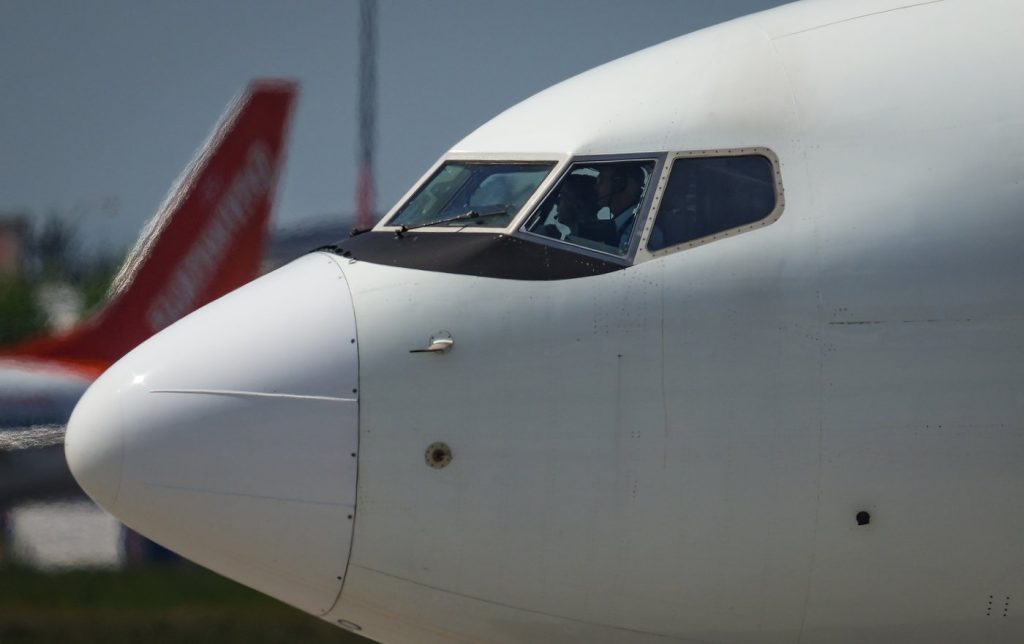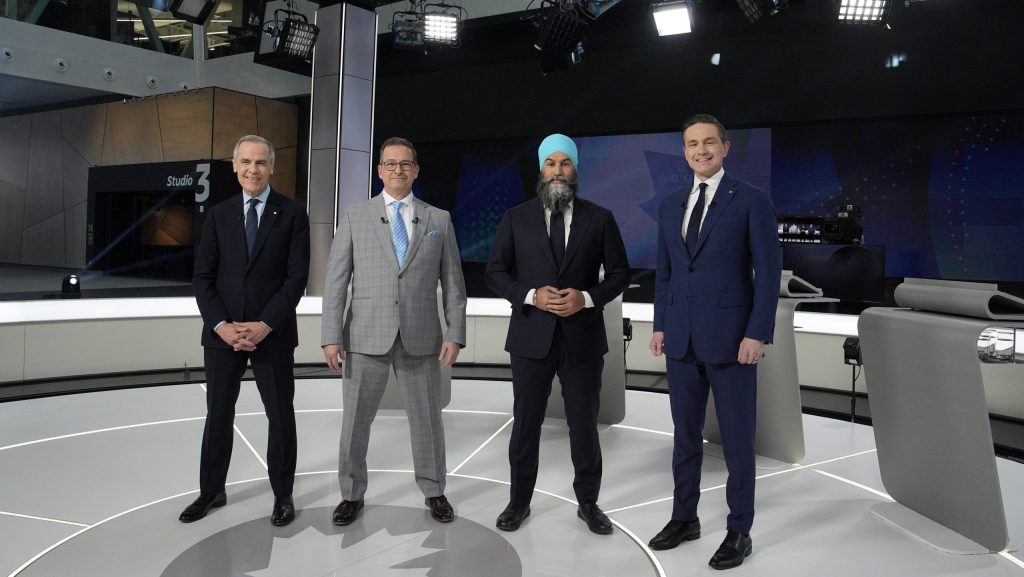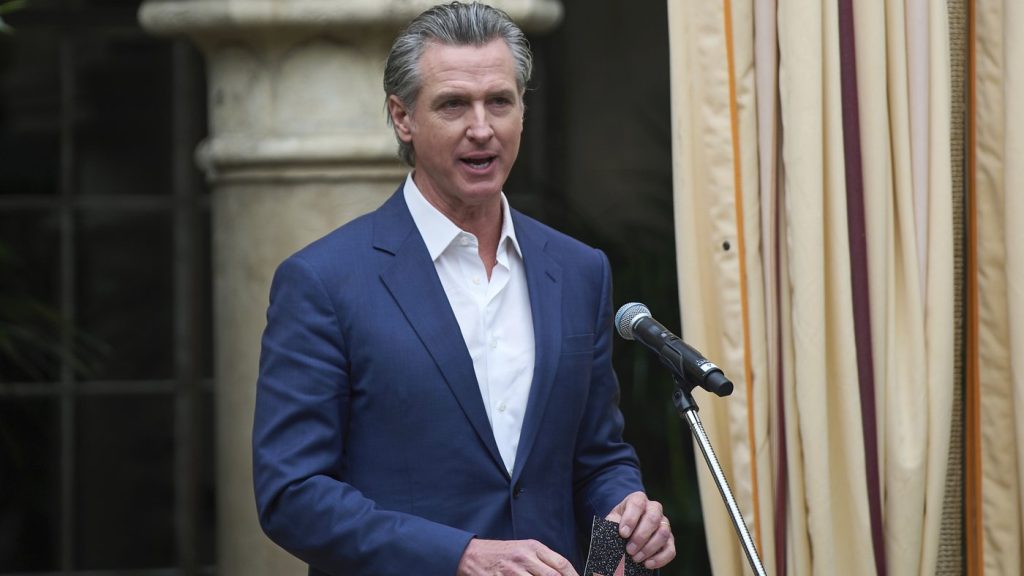MONTREAL — WestJet has retracted its plans to recruit temporary foreign workers for pilot positions in the cockpit of its regional subsidiary, WestJet Encore. This decision was confirmed by WestJet spokeswoman Julia Kaiser, who cited "economic uncertainty" as the reason for halting the search for overseas recruits.
In March 2025, the federal government authorized WestJet's application for pilot permits under the temporary foreign worker program. This authorization coincided with a controversial attempt by WestJet to secure approximately 60 pilot permits for recruits from India and South Africa. The decision faced significant opposition from the Air Line Pilots Association, which filed a request in Federal Court aiming to invalidate the government's approval. The union argued that the jobs minister failed to consult them or the "appropriate regulatory bodies" prior to granting WestJet the green light.
Tim Perry, the head of the union's Canadian wing, raised concerns about the potential impact of utilizing temporary foreign flight crew on existing union goals related to wages and working conditions. He pointed out that the status of these foreign workers in Canada would likely be tied to their employer's perception of them as "good employees," potentially compromising the integrity of collective agreements already established by Canadian pilots.
The temporary foreign worker program allows non-permanent residents to work in Canada for up to two years when employers encounter short-term labor shortages and cannot find qualified Canadians for the positions. Despite earlier surges in the program's usage over the last fifteen years, particularly in sectors like agriculture and hospitality, demand declined in the latter half of 2022 due to new restrictions imposed by the government.
WestJet's application for labor market impact assessment—a process used to determine whether qualified Canadians or permanent residents are available to fill the job—was met with skepticism from the pilots' union. The union contested the claim that there were no available Canadian pilots, highlighting that the demand for air travel to the United States had diminished, partially due to economic backlash and political tensions surrounding tariffs and annexation threats from the Trump administration.
Perry expressed concern about the public's perception of WestJet's recruitment strategy, especially amid a broader climate of job vulnerability and economic instability. The union worries that pursuing temporary foreign pilots would not be well-received by Canadians who are increasingly concerned about job security.
In response to queries regarding WestJet's severe pilot shortage, Kaiser noted that the application for temporary foreign workers was merely one option among several being explored to address operational needs. She also implied that hiring temporary foreign workers as captains, rather than first officers, could yield greater financial benefits for the airline. This approach allows for the possibility of paying less for captains who lack extended experience as first officers, thereby potentially decreasing the overall labor costs.
Furthermore, the union contended that an influx of foreign pilots in captain roles could hinder promotional opportunities for Canadian first officers and diminish the airlines' motivation to enhance pilot retention through competitive contract negotiations. The fear is that if domestic pilots choose to leave the airline, WestJet could opt for short-term foreign recruits to fill vacancies rather than improving conditions for existing staff.
This recent development underscores both the challenges faced by the aviation industry in recruiting qualified personnel and the broader implications of integrating temporary foreign workers into specialized roles typically filled by Canadian citizens or permanent residents.












